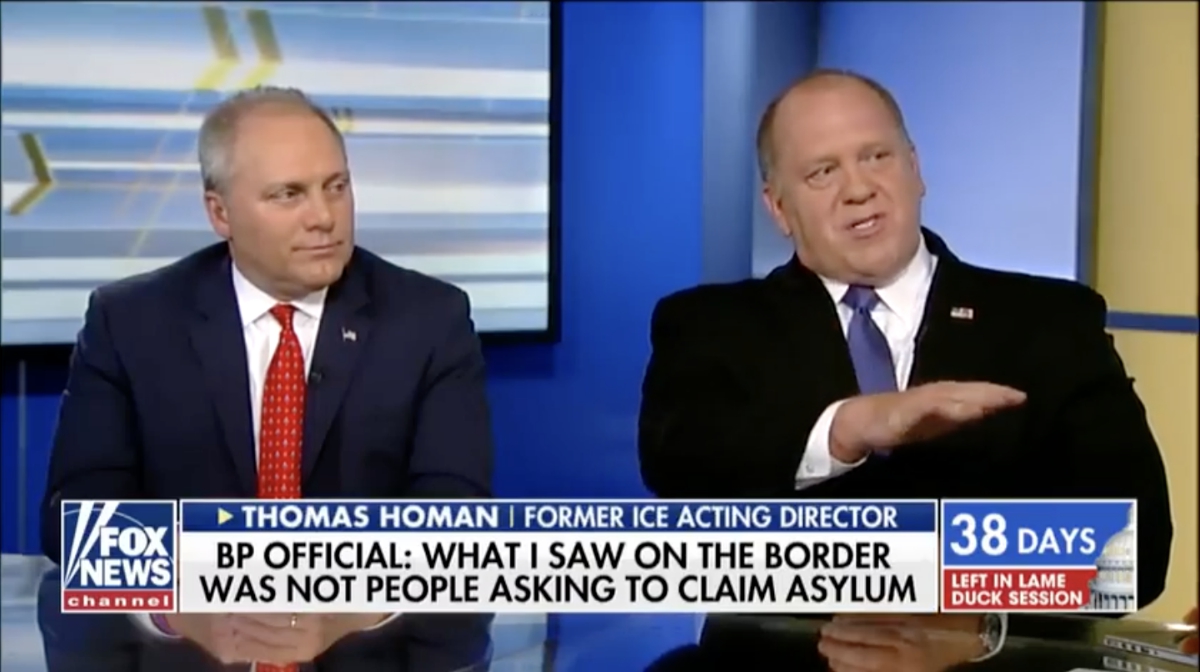 Parler
Parler Gab
Gab
”Today, Harvard’s Institute of Politics has a choice to make too. Nonpartisanship — a founding principle of the IOP — is no longer a tenable position in today’s political environment. Donald Trump’s imminent return to power underscores the importance of the IOP finally breaking from our long-standing commitment to it.”So, rather than considering the implications of a majority of voters rejecting the narrative of the media and political establishment, the idea is to move even further toward orthodoxy and intolerance. Mallick wrote that as the Trump administration moves forward, “we must resist platforming anti-democratic voices in the guise of nonpartisanship.” Those “anti-democratic voices” are likely to be found on one end of the political spectrum. In a truly Orwellian twist, Mallick added, “In fact, we must strive to defend principles of democracy, due process, and justice precisely to ensure that we can continue carrying out our age-old mission of nonpartisanship.” So, the Institute would become partisan in order to fulfill its mission of nonpartisanship. As I discuss in my book, The Indispensable Right, we have seen the same abandonment of neutrality in the media with disastrous results. Students in “J Schools” today are being told to abandon neutrality and objectivity since, as former New York Times writer (and now Howard University journalism professor) Nikole Hannah-Jones has explained, “all journalism is activism.” After a series of interviews with over 75 media leaders, Leonard Downie Jr., former Washington Post executive editor, and Andrew Heyward, former CBS News president, reaffirmed this shift. As Emilio Garcia-Ruiz, editor-in-chief at the San Francisco Chronicle, stated: “Objectivity has got to go.” The result has been the increasing rejection of mainstream media in favor of new media. The falling revenue and readership have not produced any more introspection among leading figures in the media. After the election, various figures such as MSNBC host Mika Brezinski did not acknowledge how media bias has led to the decline but instead blamed the election in part on the availability of opposing views as “massive disinformation.” Others called for free speech to be curtailed to prevent such contrary information from affecting another election. Ironically, the Harvard Institute has a number of advisory board members accused of such bias in the past, including CNN’s Abby Philip. While there are a couple of Republicans, it has a majority of current and former Democratic politicians and advisers, including Michael Nutter, David Axelrod, LaTosha Brown, William D. Delahunt, and Joseph Kennedy III. In the end, the Institute’s formal commitment to partisanship is unlikely to matter. While Mallick insists that “nonpartisanship—a founding principle of the IOP—is no longer a tenable position in today’s political environment,” it has long been out of vogue at Harvard. Read more at: JonathanTurley.org
House Democrat suggests creation of a SHADOW GOVERNMENT to oppose Trump
By Kevin Hughes // Share
Woman who killed her father over election disagreement married to transgender MSM journalist
By Ramon Tomey // Share
Former Israeli minister Ayelet Shaked denied entry to Australia over ‘incitement’
By News Editors // Share
Eat these nine foods for a spring detox
By News Editors // Share
Governments continue to obscure COVID-19 vaccine data amid rising concerns over excess deaths
By patricklewis // Share
Tech giant Microsoft backs EXTINCTION with its support of carbon capture programs
By ramontomeydw // Share
Germany to resume arms exports to Israel despite repeated ceasefire violations
By isabelle // Share









